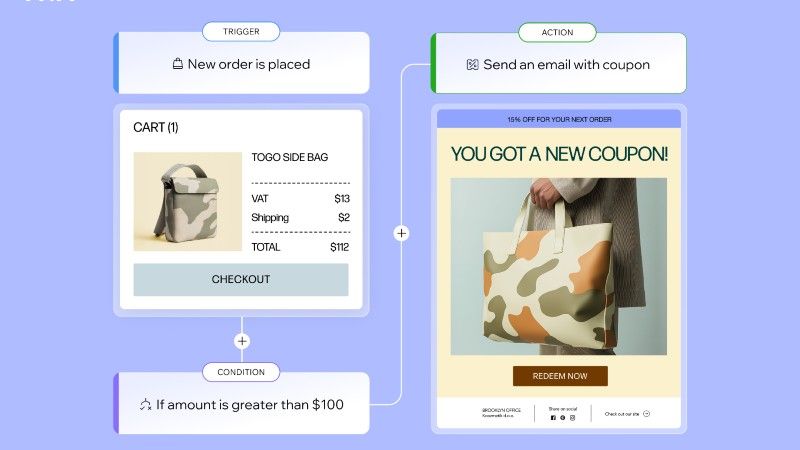BlackBerry partner says new tie-up won't be another Microsoft/Nokia debacle
Expect "no compromises" from upcoming BlackBerry, and many more purpose-built devices in future

The CEO of the company that's bringing BlackBerry phones to the world has told TechRadar the new venture won’t suffer from the same problems as the ill-fated Microsoft-Nokia tie-up.
Chinese phone manufacturer TCL – the fourth-largest in the world thanks to the sales under its Alcatel One Touch brand – struck a long-term deal to produce devices under the BlackBerry brand, and launched an all-new BlackBerry device at CES with a physical keyboard and a distinctly business look.
But this is a hardware manufacturer tying up with a software company, leveraging a once-great brand; could this be Microsoft-Nokia all over again?
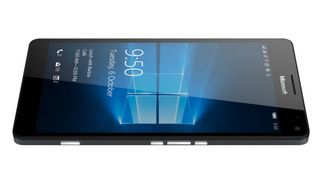
“[The TCL-BlackBerry] is a fundamentally different situation,” said Nicolas Zibell, chief executive of TCL Communication at CES 2017, citing Windows Phone as the main obstacle to Microsoft and Nokia’s failed partnership.
“Microsoft imposed its OS, which was small-scale in terms of users, apps and the ecosystem, on a brand that had not been successful in the smartphone space,” he said.
Until that deal, Nokia had only been successful in first-gen smartphones running on Symbian. It's a deal that seems mirrored here, where TCL is estimated by Futuresource Consulting to hold 2.7% of the global smartphone market in 2016, shipping 44 million units.
“This deal is very different because we are using Android as a pure experience, we don’t make compromises on the app store, and we are bringing unique security solutions and hardware innovations,” added Zibell.
Get daily insight, inspiration and deals in your inbox
Sign up for breaking news, reviews, opinion, top tech deals, and more.
He's hoping that the licensing deal with BlackBerry creates not risk but cost efficiency for both companies. Ultimately, an expansion of the BlackBerry brand is on the cards if successful, where cost-effective labor is combined with BlackBerry's secure servers, which are still a powerful lure in the world of enterprise.
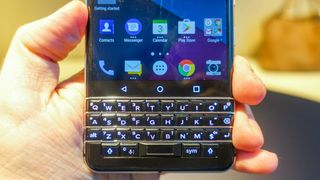
TCL has work to do. In 2016 BlackBerry had just 0.2% of the global market, selling 2.5 million phones according to Futuresource Consulting.
Just how hungry the market is for a phone with a physical keyboard remains to be seen, and it’s not certain that the loyalty of BlackBerry fans can be counted on – although Zibell is optimistic.
“We know there are people that hang on to a BlackBerry phone longer than most people hang on to their phones,” he said, citing the keyboard as a critical part of the appeal for many.
That said, the BlackBerry brand under TCL won’t only be about physical keyboards. The first products from the tie-up, the DTEK50 and DTEK60, both push ‘most secure phone in the world’ claims but are touchscreen only.
“There will be more purpose-built devices in future,” said Zibell. “Not everything has to look like a black piece of glass, and we can bring something different.”
A bezel-less BlackBerry?
He also suggested that in the future there would be more affordable phones with borderless, bezel-less displays, and that in the longer term the market will see a lot of innovation in AI and voice interaction, which will reduce the importance of the display.
Voice commands could replace almost every action, from page navigation to actions within games, and even make apps defunct.
In many ways, that starts with the forthcoming (unnamed) BlackBerry phone, whose keyboard can be used to navigate the screen just by lightly brushing it with fingers.
It's simultaneously retro and cutting-edge (Zibell told us it would work in an all-new way compared to previous BlackBerry phones like the Passport). As such, there’s no doubt about the target market for this leather-backed device.
“BlackBerry owners want everything you need for a modern business life – security, a long-lasting device, one that’s not as slippery as a soap bar and needs a case, a real camera and real apps,” said Zibell.
“One of the reasons BlackBerry has lost some of its appeal is that people had to compromise between good email and security, and they had to sacrifice a good web browsing experience and apps,” said Zibell.
“We’re bringing back a ‘no compromises’ approach.”
Jamie is a freelance tech, travel and space journalist based in the UK. He’s been writing regularly for Techradar since it was launched in 2008 and also writes regularly for Forbes, The Telegraph, the South China Morning Post, Sky & Telescope and the Sky At Night magazine as well as other Future titles T3, Digital Camera World, All About Space and Space.com. He also edits two of his own websites, TravGear.com and WhenIsTheNextEclipse.com that reflect his obsession with travel gear and solar eclipse travel. He is the author of A Stargazing Program For Beginners (Springer, 2015),
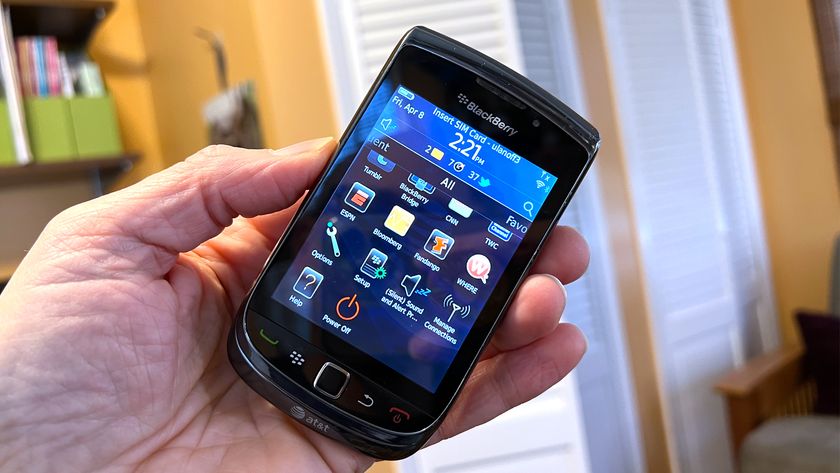
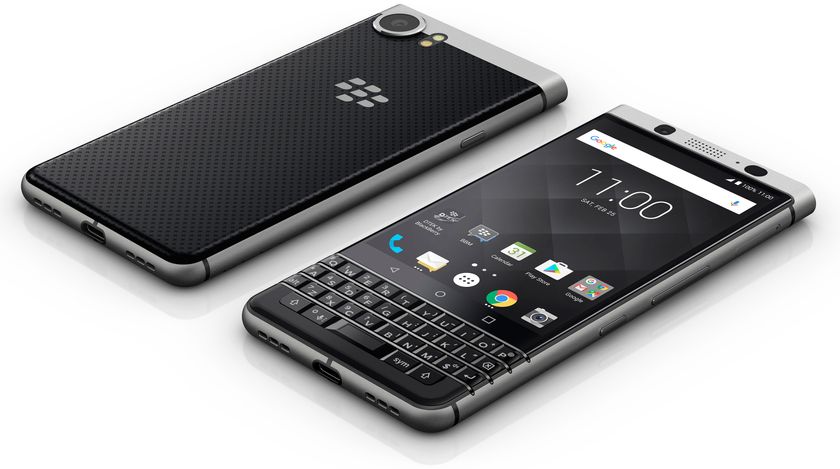
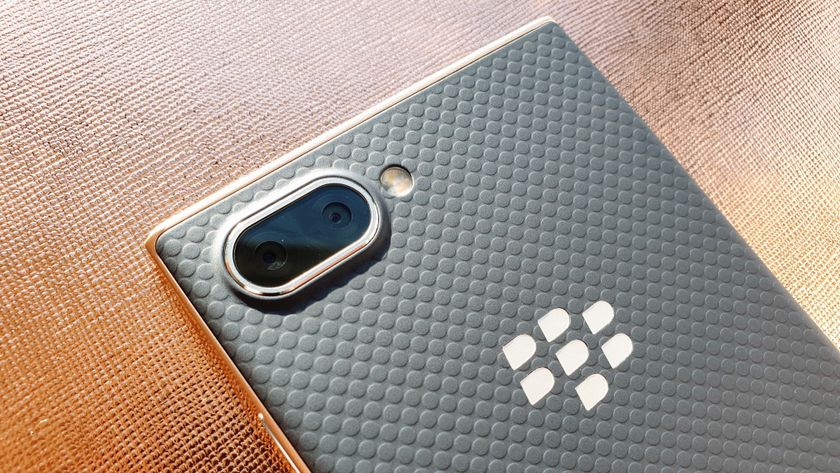
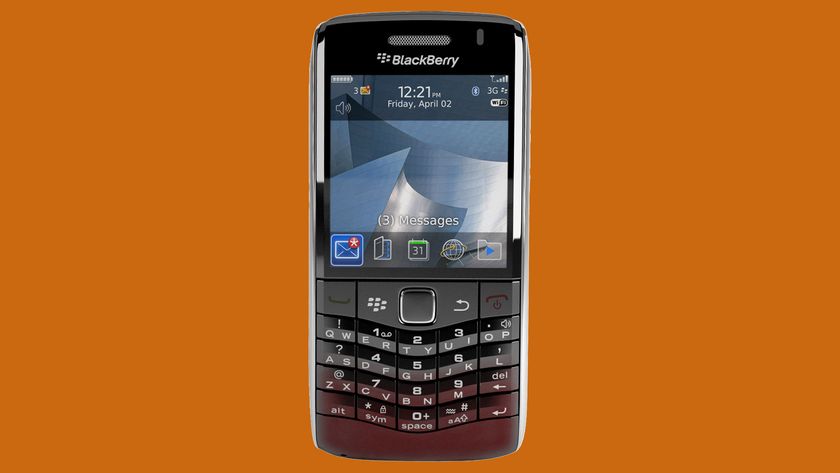
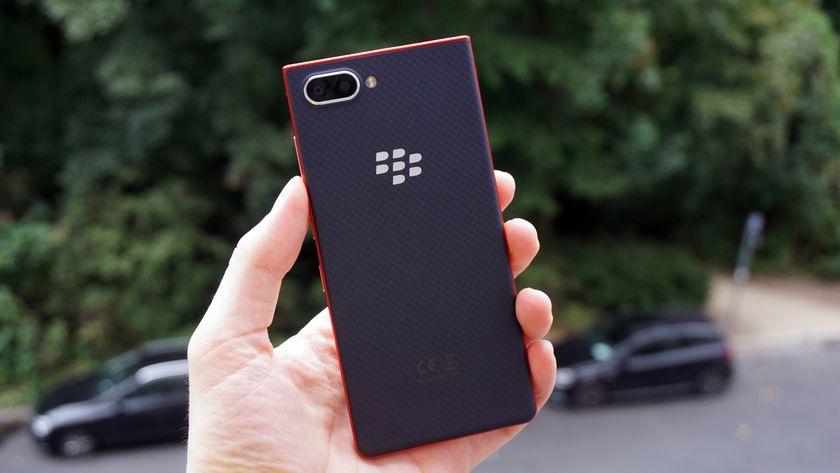
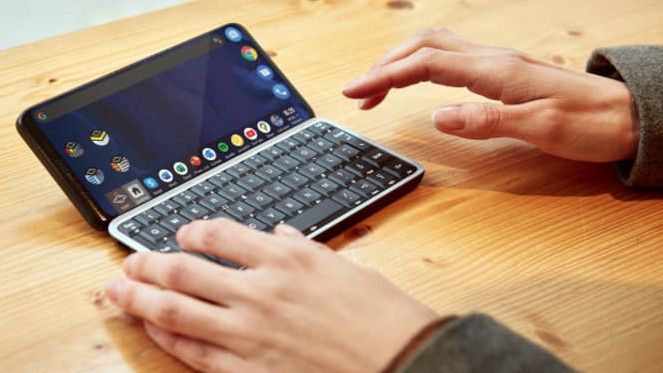
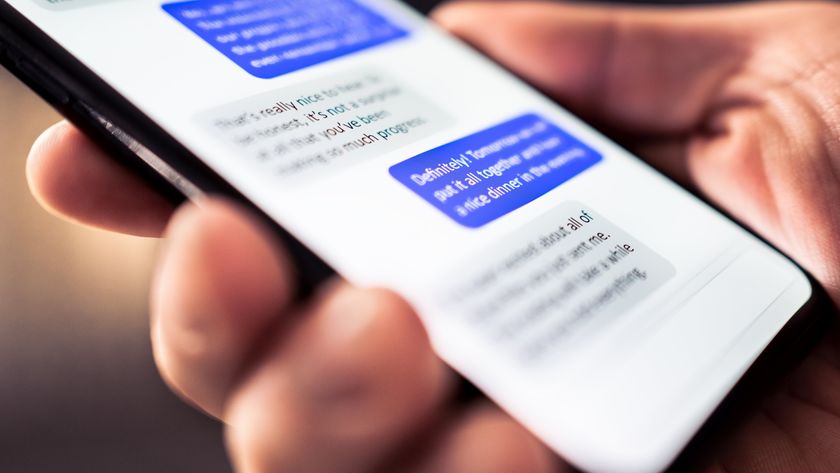
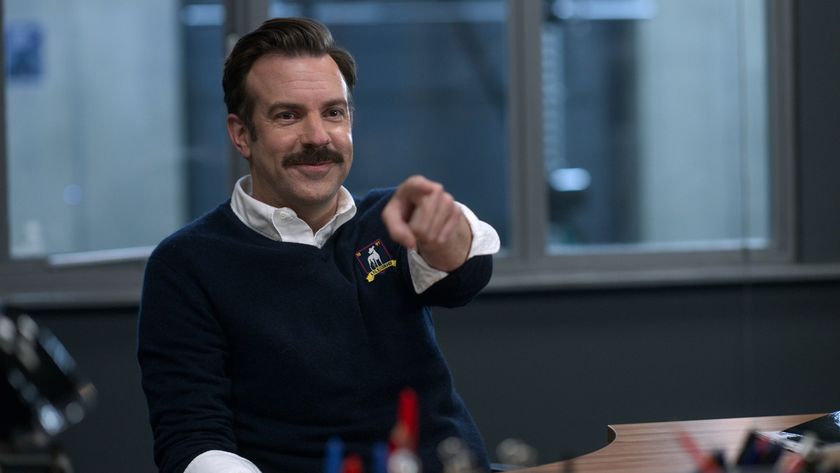



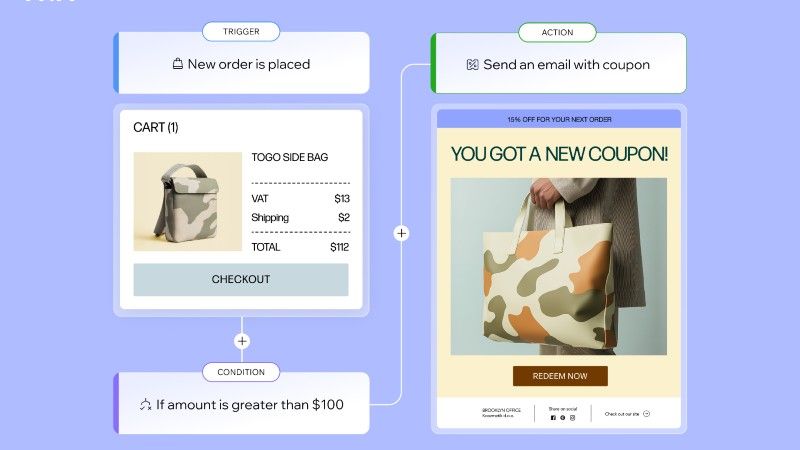

Another day, another dreadful PC port - Rise of the Ronin joins the list of woeful PC launches with even an Nvidia RTX 4090 succumbing to stutters
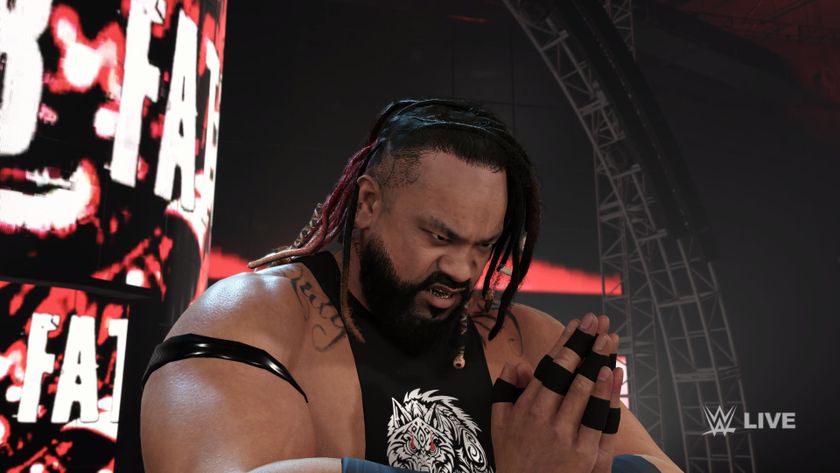
I've spent days in the ring with WWE 2K25, and it's like a five-star match ruined by the Million Dollar Man
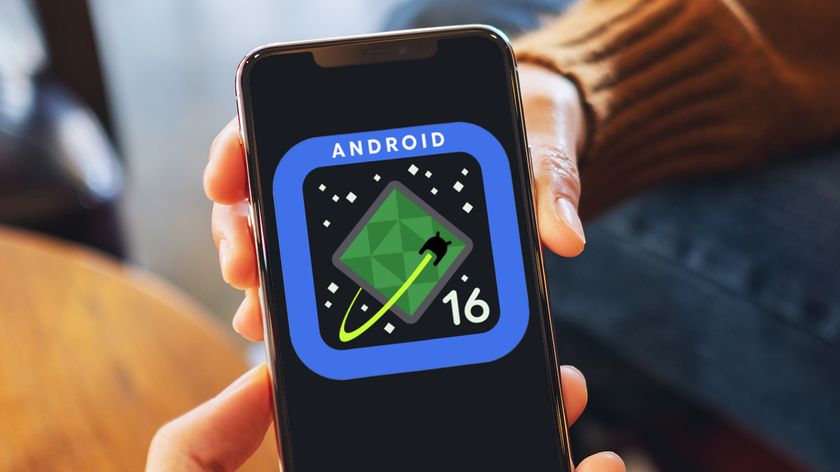
Android 16 Beta 3 has arrived – here are the 4 features I think will be the most useful

